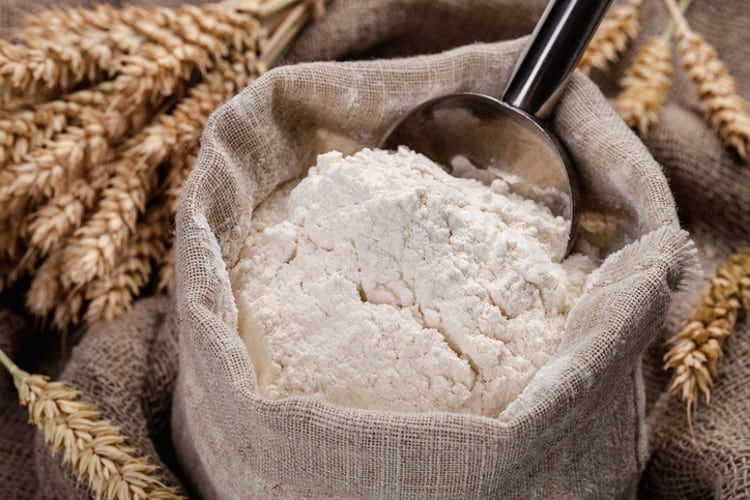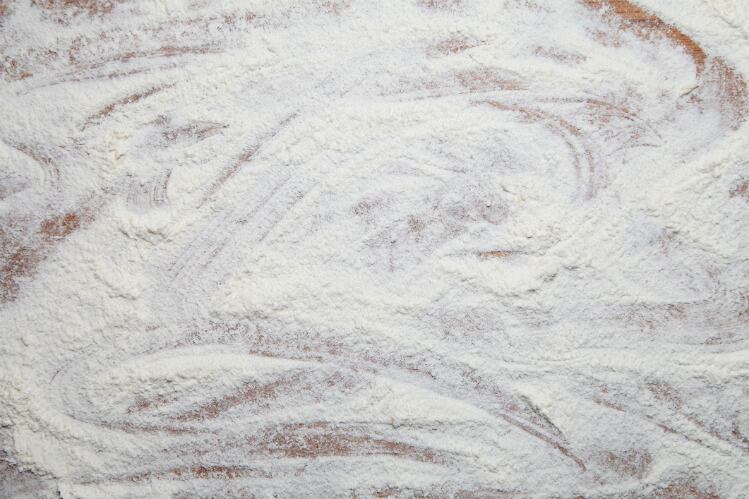Due to wheat flour’s low moisture content and because it is typically exposed to heat during cooking, contamination has not been a major food safety concern. However, over the years, there have been a number of food illness outbreaks associated with flour tainted with pathogens like Salmonella and Escherichia coli (E. coli).
Earlier this year, there was a rash of flour recalls by high profile producers like General Mills, ADM Milling co and J.M. Smucker Co., which jeopardised both consumer wellbeing and that of the flour industry.
More than 20 Americans were infected with the outbreak strains of E. coli O26 and Salmonella. Three were hospitalised and no deaths were reported.
However, the damage to the industry was high, costing upward of $10m per recall to cover activities such as communicating across the supply chain, retrieving and handling the recalled product, investigating the event and implementing corrective actions to prevent reoccurrence. More at stake was the cost to the brand or company’s reputation and the level of trust in the eyes of consumers.
Until now, there has not been a commercially viable solution to address the recurring incidents of E.coli and Salmonella contamination. Conventional heat treatment has proven to be too costly and degrading to the flour’s visco-elastic gluten properties, which is needed for baked goods to rise.
Organic, clean label solution
With this in mind, a team of engineers and food safety scientists from Agri-Neo developed Neo-Temper, an organic food safety solution that provides a validated 99.9% reduction of pathogens on both hard and soft flours without the side effects of heat treatment.
Neo-Temper is a liquid solution that mixes with the water deployed during the tempering process to completely immerse each wheatberry, getting into cracks and crevices that can harbour pathogens.
It then biodegrades completely and has been approved by regulators as a processing aid with no labelling requirements.
According to Rob Wong, president of Agri-Neo, the materials Neo-Temper draws upon can be found naturally in the environment, so it has been certified by the US National Organic Program and the Canada Organic Regime. It also meets Kosher and Halal guidelines.
“Flour is a top-three food staple in our daily lives, yet, to date, the industry has not had a commercially viable solution to address the recurring number of flour recalls we are seeing due to E.coli and Salmonella contamination within this highly consumed ingredient,” said Wong.
“We are excited to stop these unfortunate and unacceptable incidents by offering millers a scientifically-proven solution that will finally protect flour and the health and well-being of consumers.”
Seamless integration
Agri-Neo claims Neo-Temper easily integrates into the existing tempering step of the milling process without changing the process flow.
“An important part of Neo-Temper's value proposition is that it can be done on a mass scale,” added Wong.
“Neo-Temper is a fraction of the cost of heat-treated flour, which is prohibitively expensive and degrades quality and functionality.
“Furthermore, it does not require a major equipment purchase, as it seamlessly integrates into the existing tempering step of the flour milling process. A commercial flour mill can be set up to use Neo-Temper in a matter of a few hours."
Agri-Neo has taken the service one step further with the Neo-Temper validation programme, which enables millers to validate that the technology is as effective at controlling pathogens as it claims.
To date, the company has completed four validations in commercial flour mills in the US and Canada, with a waiting list for additional North American millers.
Toronto-headquartered Agri-Neo also has a proven track record with its Neo-Pure organic, non-thermal pasteurisation technology for nuts, seeds and grains.




